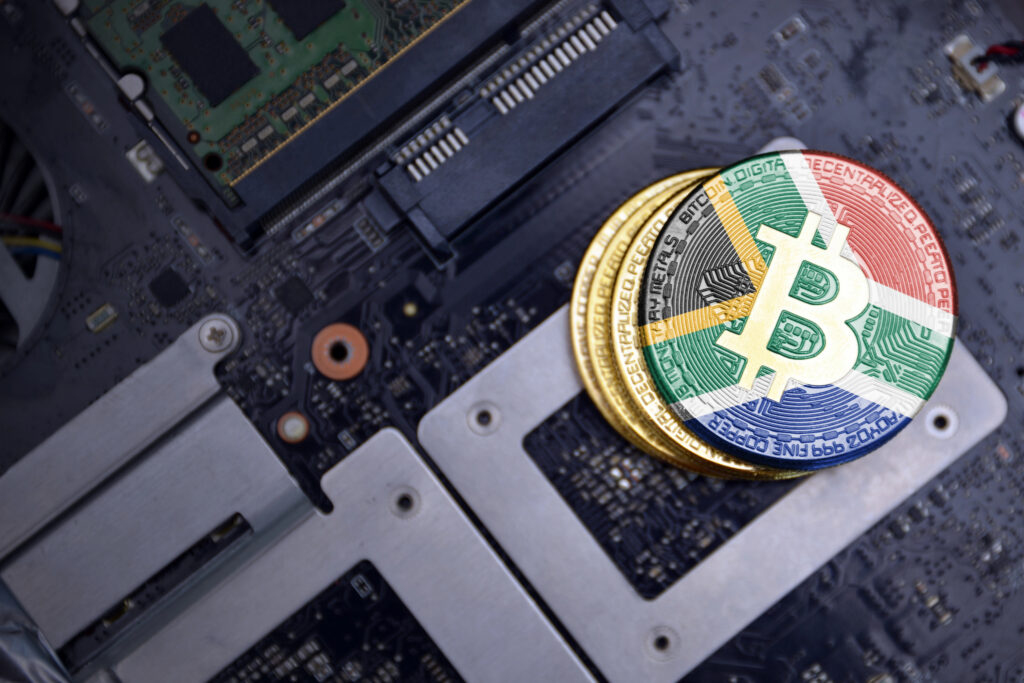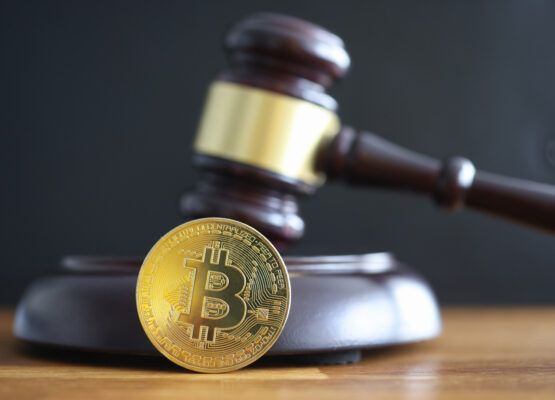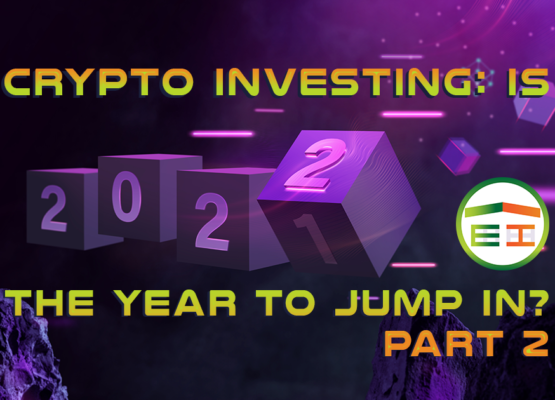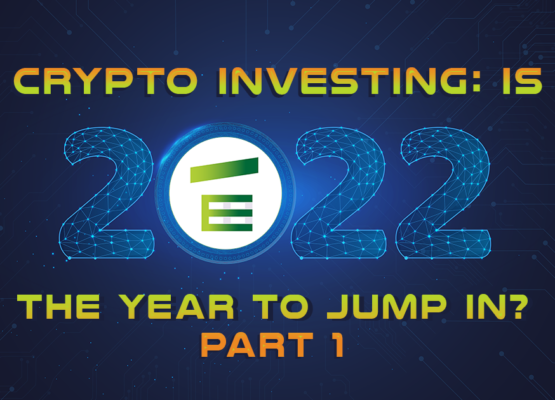
Digital finance continues to change over time, especially with a strong push for crypto to be part of how we do business. Recently, a ruling by the High Court in South Africa provides clarity on how cryptocurrencies can be used in the African financial landscape. But how does this monumental decision affect crypto in other parts of the world?
This article breaks down what happened in court, the implications for the crypto ecosystem in South Africa, and how it may influence global crypto regulation and Shariah-compliant crypto investing.
How a Landmark Court Decision is Shaping the Future of Crypto Regulation—In South Africa and Beyond

In the case Standard Bank of South Africa vs the South African Reserve Bank, the Petoria High Court ruled that cryptocurrency is not money nor capital. This gave the favor to Standard Bank, who challenged the legality of SARB’s seizure of funds that were allegedly used by a company to purchase crypto offshore.
The judge took an excerpt from the SARB’s article on crypto, where it stated that these are “nothing more than codes on a digital ledger.” As such, they’re outside of the nation’s Exchange Control Regulations established in 1961.
The Impact of the South Africa High Court Decision

The ruling made in this case clearly defines the difference between crypto and fiat currency when it comes to exchange control in the nation. It affects three main sectors, namely:
Financial Institutions
Banks, lenders, and other institutions must review the risk of engaging in crypto-related transactions, especially in relation to cross-border payments.
Crypto Traders and Investors
Now having legal clarity, there’s an expected surge of crypto purchases and trading within the region. Bitcoin, in particular, may see a significant price increase due to the recent ruling.
Regulators
With the court’s decision in place, it shows how some prevailing laws are outdated to handle crypto. It may also be a strong signal to push for new legislation to be created not only in the region but in other parts of the world as well.
What the South Africa Decision Means for Global Crypto Regulation

Though this legal victory is specific to South Africa, its influence extends far beyond. It sends a powerful message to:
- Emerging markets navigating their own crypto policy development
- Investors looking for jurisdictions with legal certainty
- Islamic finance professionals seeking ethical frameworks for digital assets
As countries like Nigeria, Kenya, Malaysia, and the UAE continue developing their crypto policies, South Africa’s ruling may serve as a blueprint for modern, crypto-friendly regulation—rooted in financial clarity and digital innovation.
Halal Crypto Investing in a Post-Ruling World
This legal progress strengthens the case for Shariah-compliant crypto tokens that are transparent, asset-backed, and ethical by design. At EthicalFinance.co, we support the growth of responsible, halal crypto projects that align with Islamic financial principles.
Looking to diversify into crypto without compromising your faith or financial values? ETHi Token is a halal, asset-backed token based on rent-to-own real estate in the U.S., offering transparency and stability in the DeFi space. Download the Ijara DAO app today to buy ETHi Token and start your journey into Shariah-compliant digital finance.



